Critical Essays Archive
Inherited Gender Roles in “The Makeover” by Janelle Greco

In “The Makeover”, a piece of flash fiction published by Hobart, Janelle Greco captures the lives of three generations, exploring the way familial gender roles are passed on.
On Not Noticing
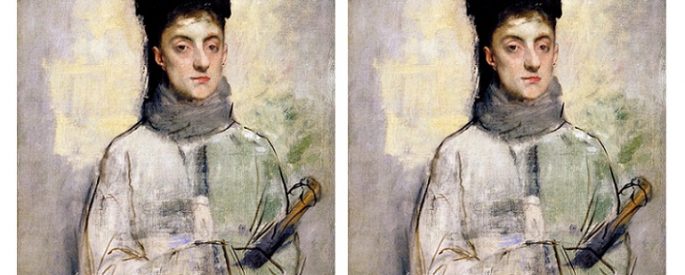
Description is, in fact, more useful for what it says about the noticer than the noticed.
The Meeting of Spiritual Forces in Louise Erdrich’s Poetry
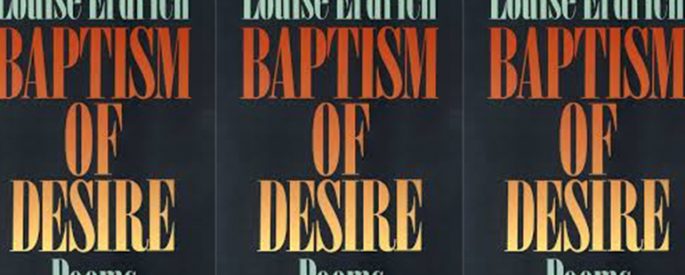
While Louise Erdrich’s fiction investigates the devastating impact that Catholic missionaries had on traditional Ojibwe practices, her poetry collection, Baptism of Desire, investigates a soul that exists in the hybrid space where the two spiritual forces meet.
Narrative Structures of Diasporic Armenian Trauma
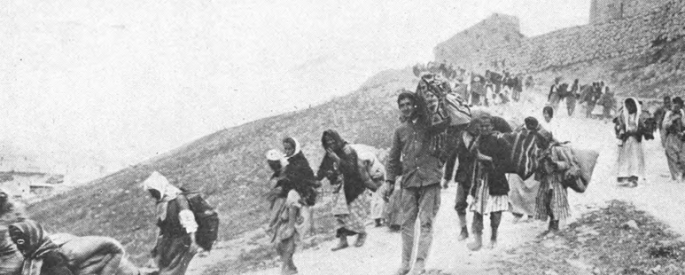
Multigenerational narratives have become a natural route for Armenian diaspora writers; whereas, the average American consumer can likely approach stories about the Holocaust or Civil War with some prior knowledge, the Armenian genocide requires more grounding, both factual and emotional.
Reading the Migrant Experience in Deepak Unnikrishnan’s Temporary People
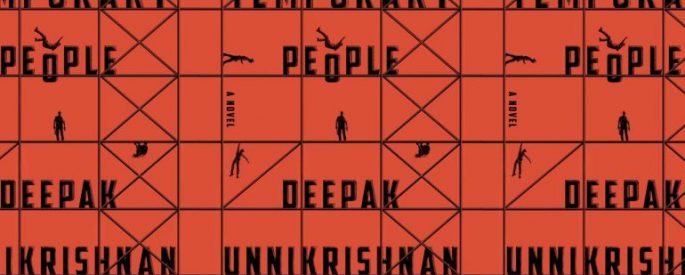
Throughout Temporary People, there is a strange, often violent shapeshifting between the human and not. Roaches become men, men become passports, tongues sever themselves from their bodies—what does it mean to be human when you’re not recognized as such? When you’ve left a part of yourself behind?
A Moment of Grace in Flannery O’Connor’s “A Good Man is Hard to Find”
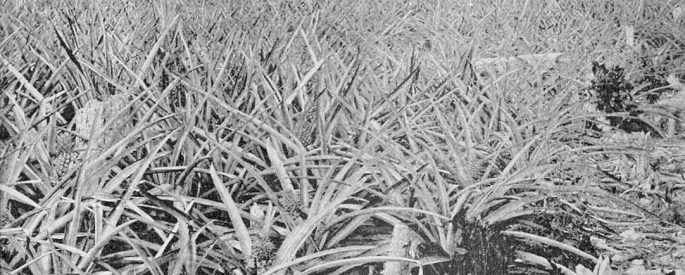
At its heart, like so many of Flannery O’Connor’s stories, "A Good Man is Hard to Find” is a story about error at the level of perception, about a confrontation with reality, and the grace that can enter a human heart when a person is stripped down to nothing.
Virginia Woolf’s Pencil
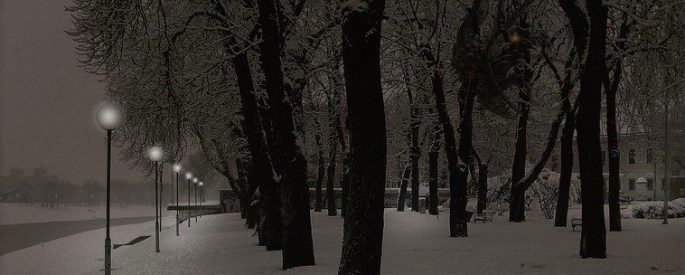
“No one perhaps has ever felt passionately towards a lead pencil,” begins Virginia Woolf’s essay “Street Haunting.” It is the idea of the pencil, and the prospect of its purchase, that sends her narrator wandering through the streets of London at dusk in winter.
Umberto Eco and the Nature of Europe
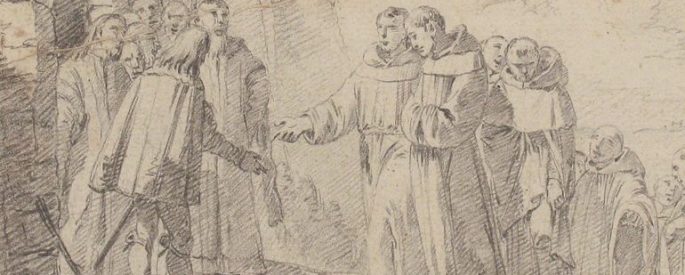
In the tradition of all good historical fiction, the past is a mirror to the problems and preoccupations facing its contemporary audience, and in the case of Umberto Eco’s The Name of the Rose, one of those problems is Europe.
Nature and the Mind in Cynthia Ozick’s “The Pagan Rabbi”
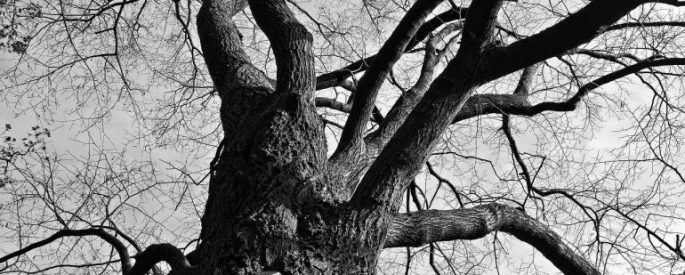
In “The Pagan Rabbi,” nature is not a fixed, objective entity, but an animated, unpredictable, menacing presence. Set in the shadow of World War II, the story follows one scholar’s increasingly surreal perception of the natural world.
Vietnam and the Loss of Innocence

The Vietnam War has long been recognized as a turning point in the United States as a country, in which Americans lost their “innocence” with regards to politics and war.